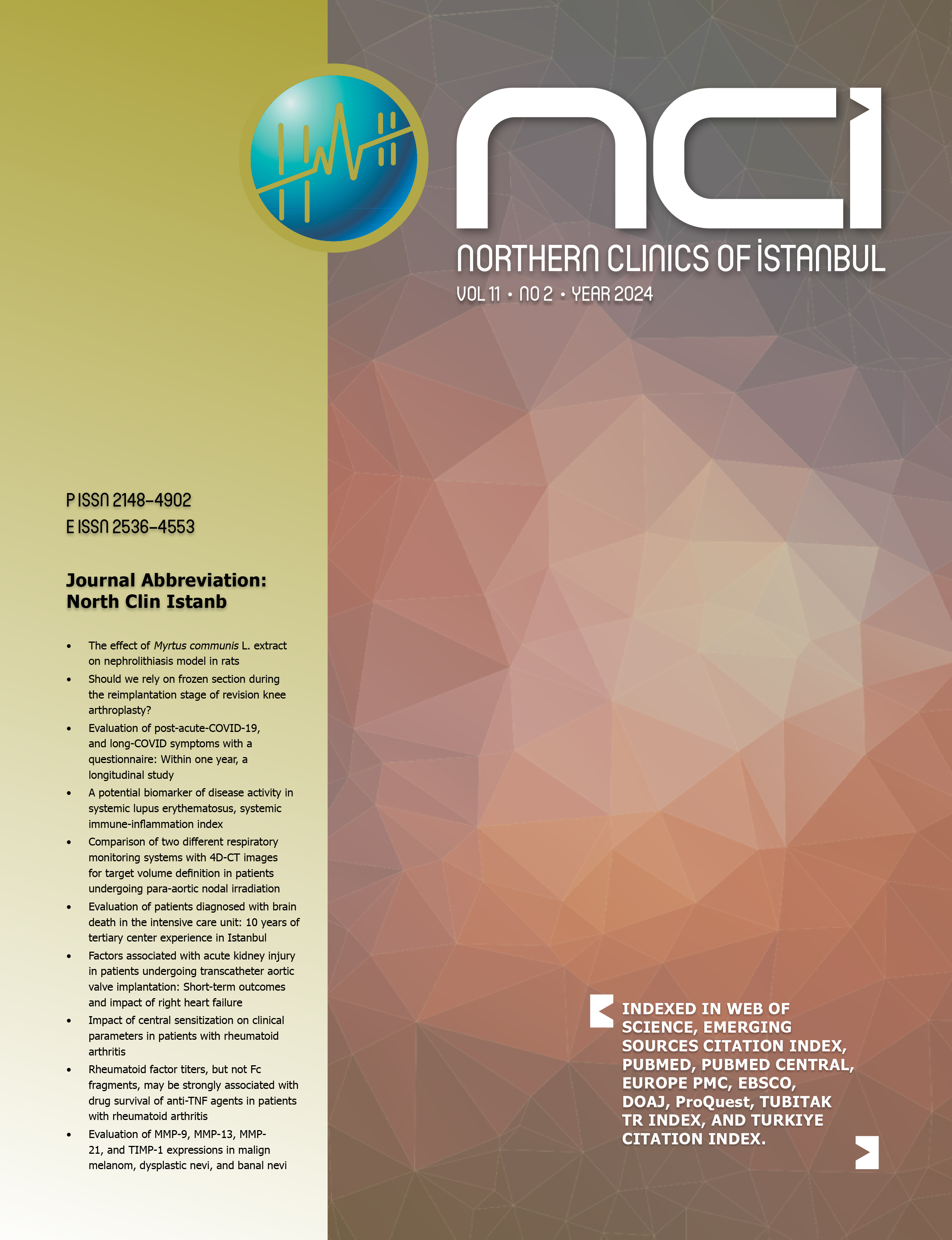Sleep disorders in higher education students: Modifiable and non-modifiable risk factors
Beatriz MinghelliEscola Superior de Saúde Jean Piaget do Algarve - Instituto Politécnico Jean Piaget do Sul Instituto Piaget; Research in Education and Community Intervention (RECI), Silves, PortugalOBJECTIVE: Poor sleep quality among higher education students is a world public health problem that can lead to a decrease of the concentration and consequently the academic performance. This study aimed to determine sleep quality among higher education students and to verify its association with internet addiction and psychological disorders (anxiety and depression).
METHODS: The sample comprised 148 higher education students of the south of Portugal, being 108 (73%) female, aged between 18 and 54 years old. The measuring instrument included a sociodemographic questionnaire, the Pittsburgh Sleep Quality Index, the Internet Addiction Test, and the Hospital Anxiety and Depression Scale.
RESULTS: Fifty-five (37.2%) students had a good sleep quality, 77 (52%) poor sleep quality, and 16 (10.8%) a severe sleep disorder. Forty-one (27.7%) students said that they went to bed between 12: 00 am and 12.30 am and 37 (25%) between 11 pm and 11.30 pm. The sleep duration was 7: 08±1: 31. Fifty (48.1%) students who classified with poor sleep quality classified themselves as good sleepers (p≤0.001). Internet addiction was not associated with poor sleep quality. Students who present anxiety and/or depression symptoms had 0.31 (CI: 0.1350.71; p=0.005) more probabilities to have sleep disorders compared to those who did not show these symptoms.
CONCLUSION: This study found that most of the analyzed students present a poor quality of sleep and this was associated with a presence of anxiety and/or depression. It becomes necessary to develop sleep hygiene education programs for prevention and treatment of sleep disturbances in this population. (NCI-2021-3-36/R2)
Manuscript Language: English





















